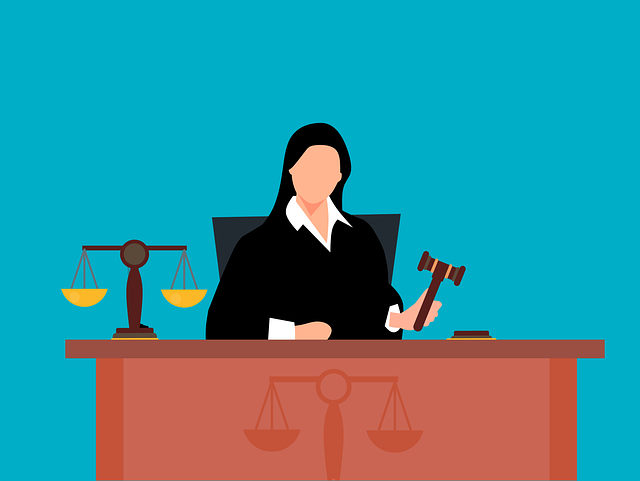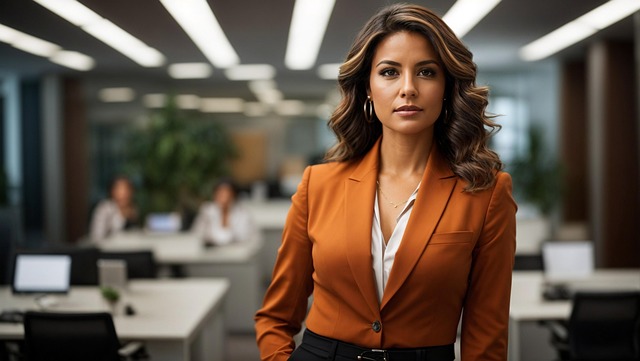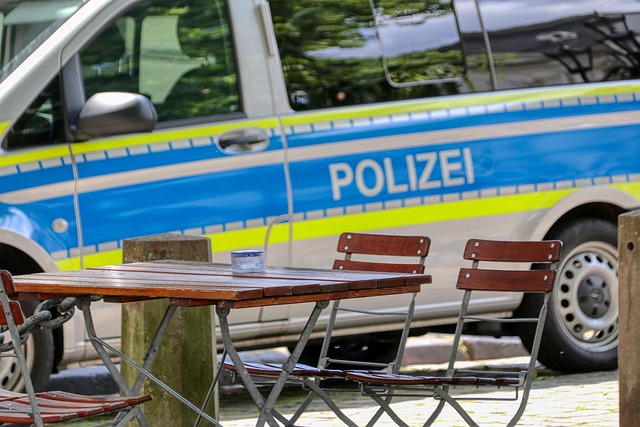The Role of Jury Consultants in Trials is crucial in addressing complex environmental crimes, bridging scientific knowledge and public understanding. These consultants simplify intricate evidence, highlight societal impacts, and promote awareness of environmental degradation, especially in white-collar cases. By engaging with communities, they ensure trials lead to justice and accountability while shaping narratives that resonate with jurors' values. Through pre-trial research and focus groups, they select impartial juries capable of understanding complex issues, thereby fostering a fair and effective judicial process focused on environmental stewardship.
“Environmental Crime Trials: Uncovering the Complexities and Strategies Behind Justice
This article delves into the intricate world of environmental litigation, where legal battles focus on crimes against nature. We explore ‘Understanding Environmental Crime Trials’ and its complex legal framework. The subsequent sections uncover the impact and challenges from a jury consultant’s viewpoint, highlighting the significance of their role in shaping case outcomes. Furthermore, it presents strategies for effective jury selection, offering best practices to navigate the unique demands of environmental cases. Discover how professionals contribute to ensuring justice in these high-stakes trials.”
- Understanding Environmental Crime Trials: A Complex Legal Landscape
- The Impact and Challenges of These Cases: A Jury Consultant's Perspective
- Strategies and Best Practices for Jury Selection in Environmental Litigation
Understanding Environmental Crime Trials: A Complex Legal Landscape
Environmental crime trials present a complex legal landscape where the unique challenges of protecting ecosystems and holding perpetrators accountable intertwine with traditional criminal proceedings. These cases often span multiple jurisdictions, involve intricate scientific evidence, and navigate the complexities of public and private law. As such, understanding the dynamics requires a keen awareness of both the environmental science and the nuances of criminal justice systems.
The role of jury consultants in these trials is pivotal. They bridge the gap between scientific facts and public perception, helping juries grasp the intricate web of environmental degradation and its legal implications. By providing insights into the societal impact, economic consequences, and ethical dimensions of the crime, jury consultants facilitate a more informed decision-making process. This support is particularly crucial in cases involving white collar and economic crimes where the perceived disconnect between abstract financial schemes and tangible environmental damage may hinder conviction. Engaging with both philanthropic and political communities, these experts ensure that trials not only secure justice but also raise awareness, fostering a culture of accountability for environmental preservation.
The Impact and Challenges of These Cases: A Jury Consultant's Perspective
The impact of environmental crime trials extends far beyond the immediate legal consequences for the accused. These cases often shine a spotlight on systemic issues, raising public awareness about pollution, conservation, and corporate responsibility. From a jury consultant’s perspective, this presents both unique challenges and opportunities. On one hand, complex scientific evidence and the potential scale of damage can make it difficult for juries to grasp the full impact of these crimes. Effective communication strategies are crucial to ensuring that jurors understand the significance of the case and can connect the dots between the evidence presented and real-world environmental implications.
Jury consultants play a vital role in navigating these challenges, assisting lawyers in tailoring their arguments and evidence presentations to resonate with the jury’s values and experiences. In cases involving large corporations or international entities, the general criminal defense strategy may need to address public perceptions while presenting a balanced narrative. By employing insights into human behavior, juror demographics, and emotional appeals, jury consultants help shape the overall trial narrative, ensuring that environmental crime doesn’t get lost in legal jargon or abstract concepts. This focus on the respective business of justice ensures that these trials achieve their intended purpose: holding perpetrators accountable and fostering a culture of environmental stewardship.
Strategies and Best Practices for Jury Selection in Environmental Litigation
In environmental crime trials, effective jury selection is paramount to securing a fair and just outcome. Jury consultants play a pivotal role in this process by leveraging specialized expertise to identify impartial and knowledgeable jurors. They employ sophisticated strategies, such as pre-trial research, focus groups, and detailed questionnaires, to assess potential biases and ensure a balanced panel. This meticulous approach helps attorneys build a robust case while mitigating the risk of a complete dismissal of all charges.
The selection process must address unique challenges posed by environmental litigation, often involving complex scientific evidence and technical jargon. Jury consultants assist in translating these complexities into understandable terms for jurors, fostering comprehension and engagement. By employing best practices, including thorough juror screening and diverse representation, they contribute to avoiding indictment or a light sentence through strategic decision-making. This holistic approach ensures that the jury is not only impartial but also equipped to appreciate the gravity of environmental crimes, ultimately enhancing the integrity of the judicial process.
Environmental crime trials present a complex legal landscape with significant impacts and unique challenges. As these cases gain prominence, understanding the role of jury consultants becomes essential. By employing strategic jury selection techniques, including thorough research, nuanced questioning, and diverse panel representation, these professionals can ensure fair and informed judgments. The best practices outlined in this article offer valuable insights for navigating the complexities of environmental litigation, ultimately contributing to effective justice and public trust.






